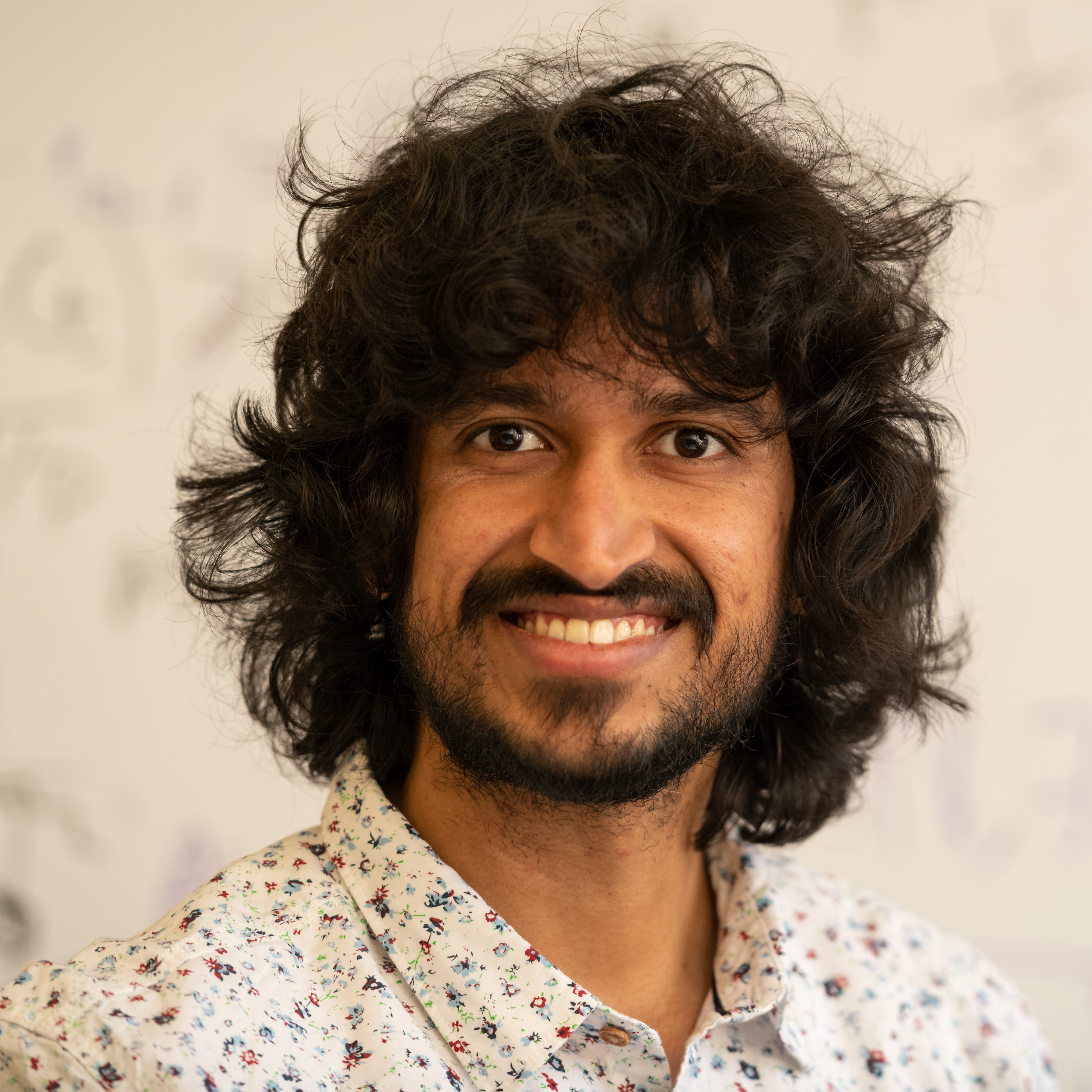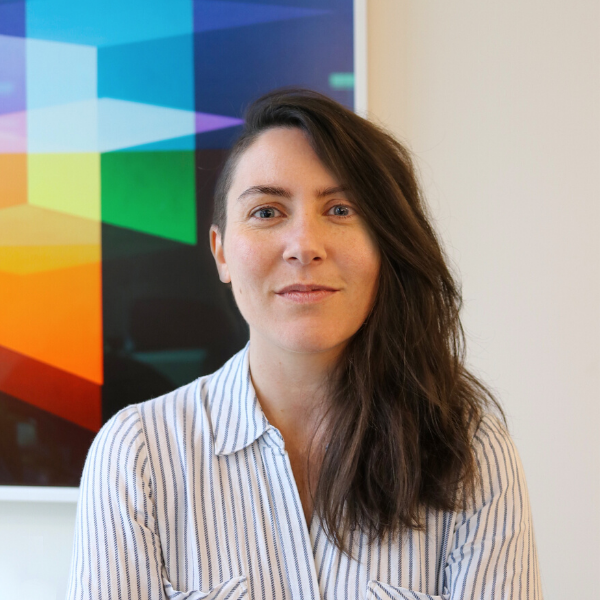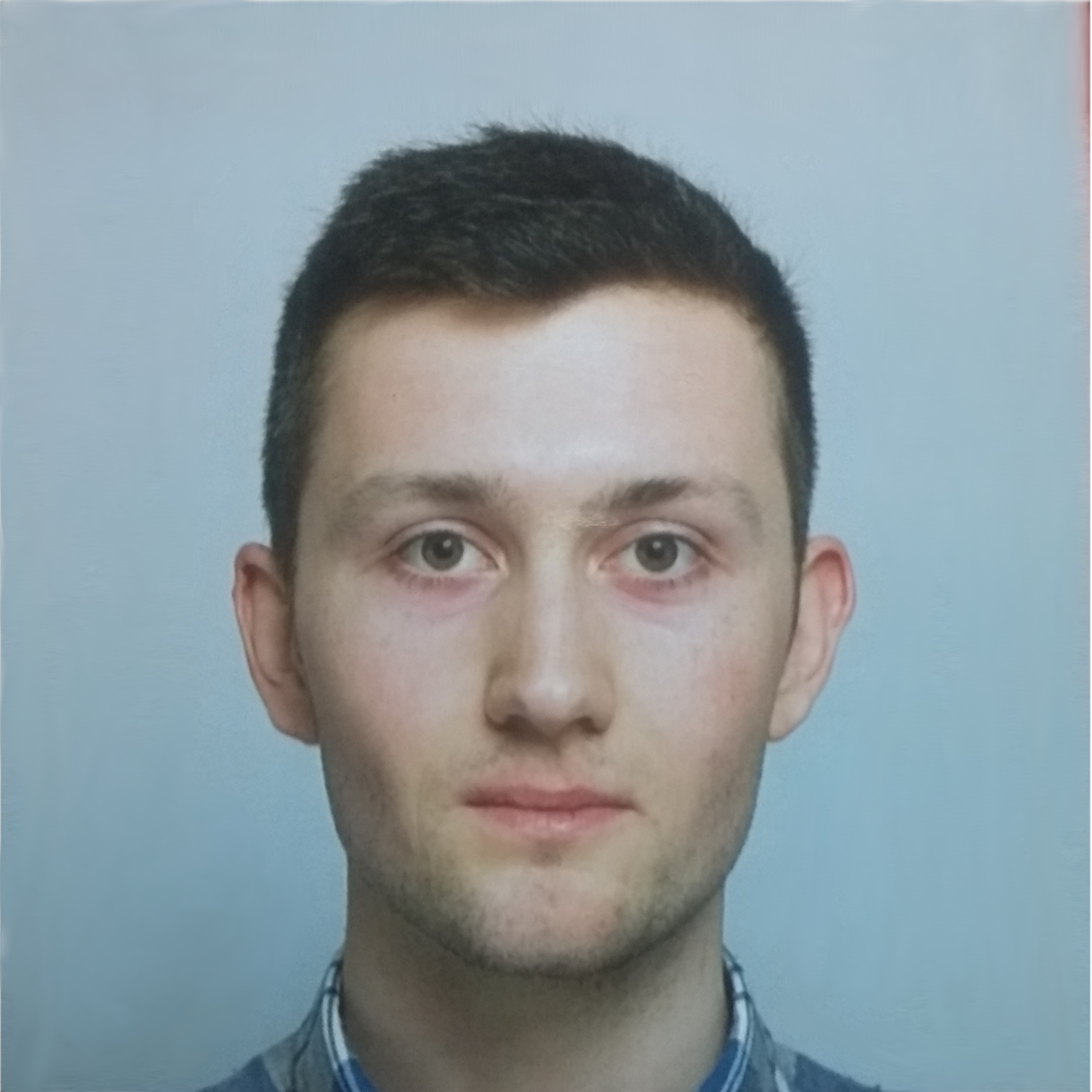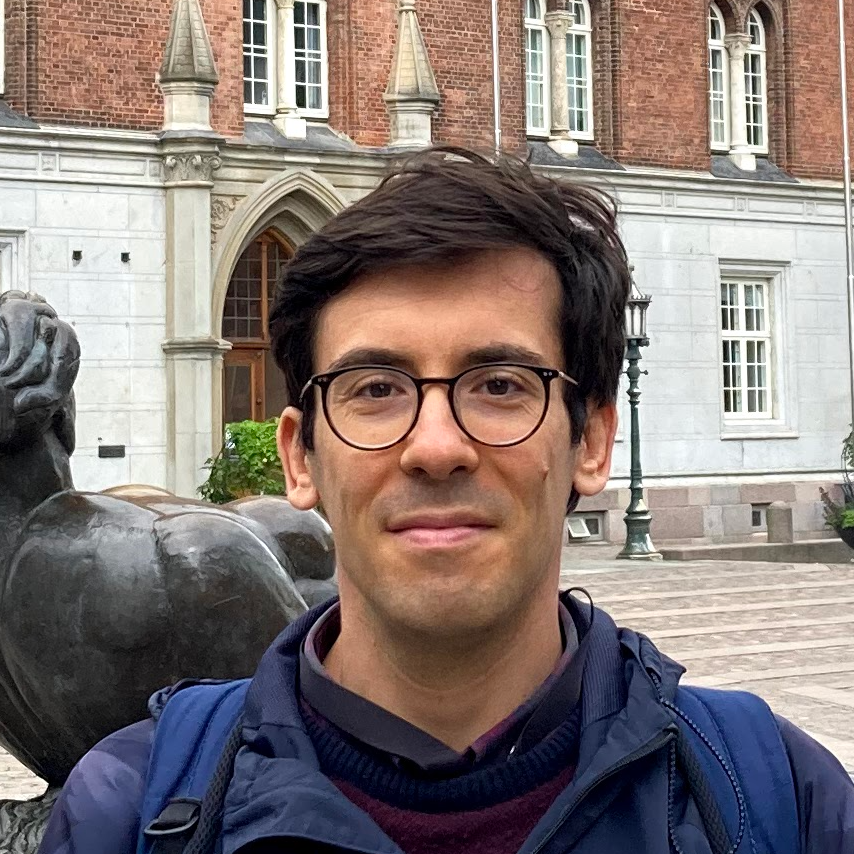
Karolina Dziugaite
Senior Research Scientist, Google Brain
Adjunct Professor, McGill University

PAC-Bayes Meets Interactive Learning
Hawaii Convention Center, Honolulu, Hawaii
Meeting Room 314
28th July, 2023
Interactive learning encompasses online learning, continual learning, active learning, bandits, reinforcement learning, and other settings where an algorithm must learn while interacting with a continual stream of data. Such problems often involve exploration-exploitation dilemmas, which can be elegantly handled with probabilistic and Bayesian methods. Deep interactive learning methods leveraging neural networks are typically used when the setting involves rich observations, such as images. As a result, both probabilistic and deep interactive learning methods are growing in popularity. However, acquiring observations in an interactive fashion with the environment can be costly. There is therefore great interest in understanding when sample-efficient learning with probabilistic and deep interactive learning can be expected or guaranteed. Within statistical learning theory, PAC-Bayesian theory is designed for the analysis of probabilistic learning methods. It has recently been shown to be well-suited for the analysis of deep learning methods. This workshop aims to bring together researchers from the broad Bayesian and interactive learning communities in order to foster the emergence of new ideas that could contribute to both theoretical and empirical advancement of PAC-Bayesian theory in interactive learning settings.

Senior Research Scientist, Google Brain
Adjunct Professor, McGill University

Assistant Professor, Université Laval
Canada CIFAR AI Chair

Assistant Professor
Princeton University, USA

Assistant Professor
Carnegie Mellon University, Amazon

PhD Student
ETH Zürich, Switzerland
| Time | Title | Speaker |
|---|---|---|
| 09:00-09:15 | Welcome | Organisers |
| 09:15-10:00 |
PAC-Bayes Tutorial
|
Pascal Germain |
| 10:00-10:30 | Posters + break 1 | |
| 10:30-11:15 |
Invited Talk 1: Lessons Learned from Studying PAC-Bayes and Generalization
|
Gintare Karolina Dziugaite |
| 11:15-12:00 |
Invited Talk 2: A unified recipe for deriving (time-uniform) PAC-Bayes bound
|
Aaditya Ramdas |
| 12:00-13:00 | Lunch break | |
| 13:00-13:10 |
Contributed Talk: Improved Time-Uniform PAC-Bayes Bounds using Coin Betting
|
Kyoungseok Jang |
| 13:10-13:20 |
Contributed Talk: PAC-Bayesian Offline Contextual Bandits with Guarantees
|
Otmane Sakhi |
| 13:20-13:30 |
Contributed Talk: PAC-Bayes bounds’ parameter optimization via events’ space discretization: new bounds for losses with general tail behaviors
|
Borja Rodríguez Gálvez |
| 13:30-14:15 |
Invited Talk 3: Meta-Learning Reliable Priors for Interactive Learning
|
Jonas Rothfuss |
| 14:15-15:00 |
Invited Talk 4: Generalization Theory for Robot Learning
|
Anirudha Majumdar |
| 15:00-15:30 | Posters + break 2 | |
| 15:30-15:40 |
Contributed Talk: Anytime Model Selection in Linear Bandits
|
Parnian Kassraie |
| 15:40-15:50 |
Contributed Talk: PAC-Bayesian Error Bound, via Rényi Divergence, for a Class of Linear Time-Invariant State-Space Models
|
Deividas Eringis |
| 15:50-16:00 |
Contributed Talk: Experiment Planning with Function Approximation
|
Aldo Pacchiano |
| 16:00-16:45 | Panel discussion |

Canada CIFAR AI Chair
Assistant Professor, Université Laval

PhD Student, TU Darmstadt, Bosch Center for Artificial Intelligence

Associate Professor, University College London
Tenured Research Scientist, Inria
Turing Fellow, The Alan Turing Institute

PhD Student, Université Laval, Thales Group

Associate Professor, University of Southern Denmark
Please contact the organisers at: pacbayes.interactivelearning@gmail.com